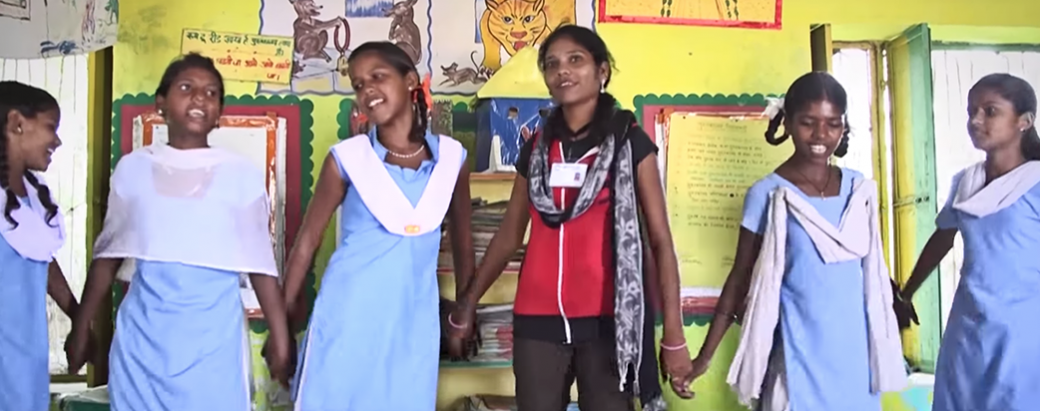
About the Project
This project is one of the 2014 WISE Awards winners.
Throughout India gender disparity remains a significant barrier to education. The result is that more than 3.7 million girls across the country are out of school, the third highest number in the world. With 9 out of 26 gender gap districts, the disparity is particularly significant in Rajasthan. Educate Girls (EG) aims to provide quality education for all girls by mobilizing and leveraging public, private, and community resources to improve access to education and school quality.
Context and Issue
The Solution and Impact
EG started in 2005 with a pilot in 50 government schools and scaled its intervention from 500 schools in 2007 to 2,342 in 2010, reaching over a quarter of a million children in the Pali district. Approximately 120,000 of these are girls. In 2011 EG signed a memorandum of understanding to enter Jalore district and work with an additional 2,083 schools. Now with an MoU in place for the Sirohi district, EG is prepared to expand its reach to more marginalized girls in some of India’s most challenging regions. EG’s innovative “comprehensive model” for school reform and cluster approach creates depth in the program and allows EG to leverage its impact to enable grassroots change. Furthermore, by leveraging the government’s existing investment in schools, EG delivers measurable results to a large number of beneficiaries at an extremely low cost and avoids duplication or parallel delivery of services.
EG targets the critical gender gap districts of India and works closely with the government education machinery. The project’s focus is:
- Enrollment of out-of-school girls who have either dropped out of schools or have never been to schools,
- Retention of these girls in school for an academic year and beyond, and
- Improved learning outcomes across mathematics and languages.
In order to achieve these targets, EG sensitizes the community towards the importance of girls’ education, apprises the community of the socio-economic benefits of girls’ education and subsequently builds the capacities of the community to mobilize resources around girls’ education. In terms of impact, the project has had the following results:
- Enrollment: 58,080 girls between the ages of 6 and 14 enrolled in schools, thereby representing 99 percent girls’ enrolment
- Cumulative impact (girls and boys benefitting from improved schools infrastructure and alleviated teacher capabilities): 567,812
- Increase in girls’ attendance from 62 percent to 87 percent
- Increase of 20-30 percent in learning outcomes across Hindi, English, and Math within a year
- The number of schools with clean drinking water rose from 46 percent to 82 percent and separate girls’ toilets from 44 percent to 71 percent
- Team Balika (community volunteers) recruited: 1,495
- School Management Committee meetings facilitated: 8,221
- School Improvement Plans implemented: 17,959
Future Developments
EG hopes to expand to a total of eight gender gap districts in India and increase the number of schools benefitting from its intervention. To achieve this, the project will mobilize more than 6,000 Team Balika volunteers across Rajasthan. Overall, this will allow EG to benefit approximately 1.8 million children.


